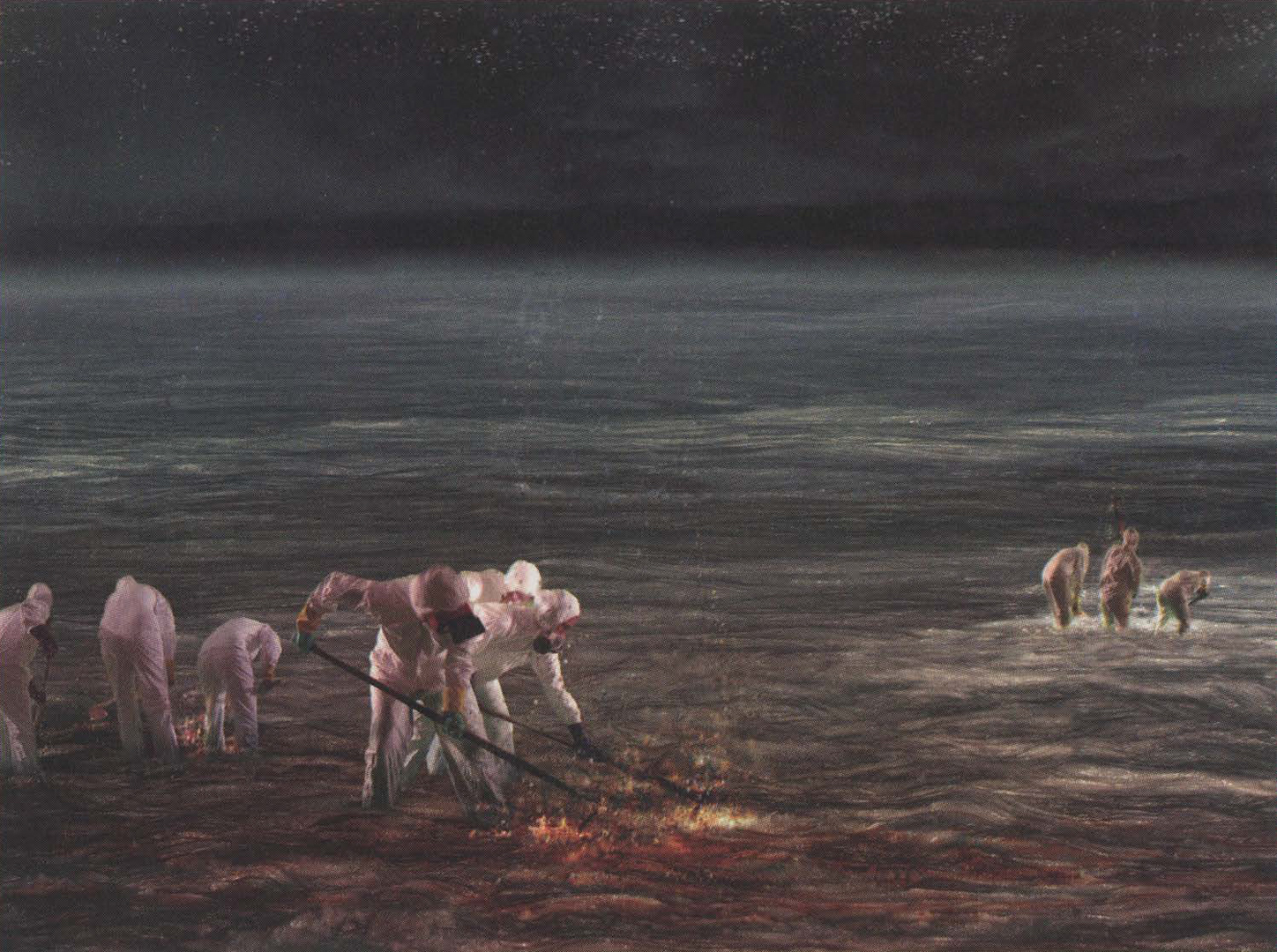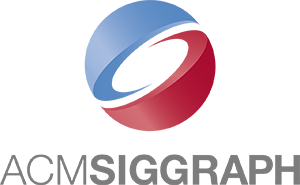Andrew Johnson: Hawker, Hacker, Herald
Artist(s):
Title:
- Hawker, Hacker, Herald
Exhibition:
Creation Year:
- 2007
Medium:
- Three digital collages
Category:
Artist Statement:
Terry Eagleton recognizes that “among students of culture, the body is an immensely fashionable topic, but it is the erotic body, not the famished one. There is a keen interest
in coupling bodies, but not in the labouring ones.” Hawker, Hacker, Herald responds to this neglect. It addresses issues of labor, access to technology, and challenges in communication. The International Fund for Agricultural Development (IFAD), a specialized agency of the United Nations dedicated to eradicating rural poverty in developing countries, finds that 75% of the world’s poorest people live in rural areas and depend on agriculture and related
activities for their livelihoods. It is often overlooked that agricultural workers, especially women and children, need suitable tools to save time and energy and increase agricultural productivity. Available tools are often too few
and inefficient, especially because they are almost always designed to be used by men. Hawker, Hacker, Herald is a visual meditation on the gaps between these practical needs
and realities and the aspirations of workers in an increasingly globalized economy. Hawker, Hacker, Herald aspires to the hyperreality of dramatic 19th-century landscapes of the American sublime, and like Frederic
Edwin Church, gives pictorial voice to the political, social, and cultural issues of our era. It acknowledges the irony in the fact that food production has become a negative economy.
In the Sisyphean futility of their tilling, farmers spend more on costly inputs for industrial production than they earn. Until computer hacking destabilizes systems of “wealth creation” that force odious debt on and increase mortality
rates among real food producers, the harbingers of vengeance shall hew the horizon
Technical Information:
These digital collages were produced from source material for an installation in progress consisting of animation video projections. Source imagery was created through lowtech
methods and processes. Miniature dioramas, tableaux vivants, shoebox still lifes, and surfaces and textures constructed from cauliflower, pebbles, plastic eagle wings, clay, and Vaseline were fashioned to create cinematic experiences and images. These images were then digitally manipulated in hundreds of layers in Photoshop.





